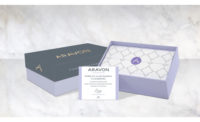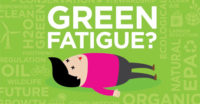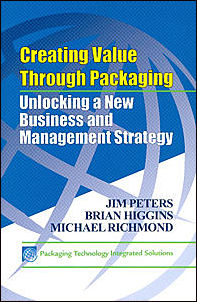Unilever Confronts The "chairdrobe" As Consumers Rethink Laundry

It’s a familiar sight in the bedrooms of some 60 percent of millennials – 22- to 37-year-olds earning more than a quarter of the world’s income - who approach laundry differently from other age groups, Unilever’s market research shows. That’s a pain point for the company, maker of the world’s second-biggest detergent, Omo. That heap of lightly worn clothes.
For decades, Unilever and Procter & Gamble, the industry leader that created the best-selling brand, Tide, have pitched new and improved laundry detergents and fabric softeners, primarily to women using washing machines. But millennials are less loyal to traditional brands and have new demands, including that products save time and be environmentally sustainable. Many, like 36-year-old Olivia Tusinski, want to spend as little time as possible on laundry. Plus, washing too often wears your clothes out faster, she says. “I don’t like to waste water or energy,” said Tusinski, a government employee in London.
P&G tested a line to woo the wash-weary a decade ago after discovering how common re-wearing clothes was. The Swash brand was parlayed into a $499 de-wrinkling appliance in partnership with Whirlpool but two products made it to market as Downy Wrinkle Releaser spray and Tide Stain Pen. Now, Unilever is having a go with Day 2, an aerosol spray that went on sale online only last week that it says refreshes, reshapes and dewrinkles clothes on the chairdrobe.
There are versions for denim and delicates, in addition to the original. Denim jeans are by far the most reworn garment, Unilever says. “That’s a high pride point for a lot of millennials, you know, ensuring that their denim is as pristine as possible,” said Day 2’s co-founder and marketing head Nathan Olivieri.
Indeed, denim aficionados have warned for years against washing jeans. Levi Strauss CEO Chip Bergh, a 28-year veteran of P&G, told a conference in 2014 that the jeans he was wearing that day were a year old and had never been washed.
LIKE A START-UP Unilever’s home care president Kees Kruythoff calls catering to millennials’ mindset a way of “future-proofing” the portfolio. In addition to Day 2 in the United Kingdom, Unilever is testing a portion-controlled detergent in the Netherlands called Less. Both projects have been structured as if the developers were small and agile start-ups, not a multinational.
The global laundry detergent market is expected to reach $205.2 billion by 2025, up from $133.3 billion in 2016, according to Grand View Research, which predicts 4.9 percent annual growth fueled by the rising penetration of washing machines in developing countries. In more developed markets, growth is being helped by eco-friendly brands like Seventh Generation, now owned by Unilever, and Method, Grandview said.
Looking for a reprint of this article?
From high-res PDFs to custom plaques, order your copy today!








